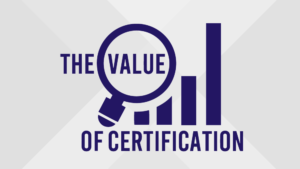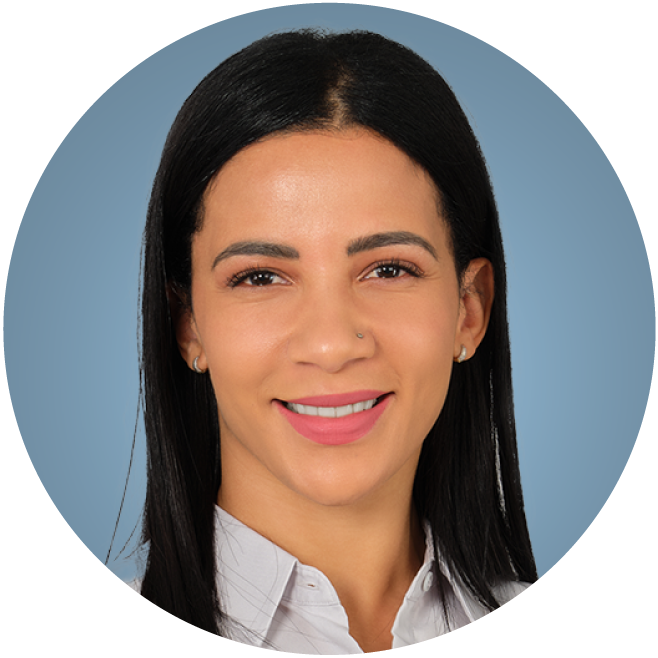Before I joined PPI at the beginning of 2016, I knew nothing about systems engineering. I still remember the first time I attended the CSEP preparation course, I had no idea where the course was heading back then!
After interpreting five courses (and with the help of the English and Chinese version of the INCOSE Systems Engineering Handbook), I found myself gradually grasping the content. However, I still needed to put in a lot of effort to be a sound interpreter of the course. Then one day I thought to myself, why don’t I take the exam myself? This would help me to better express concepts to delegates during translation. I then decided to take the exam in October 2017, and I passed it!
For some of our delegates, their company might offer them a raise to encourage them to write the exam or get certified but the value of SEP certification is much more than that!
Since taking the exam, I feel more confident when I interpret the course and I feel more comfortable when answering the delegates’ questions about the exams. The SE knowledge transferred during the CTI certification course has subtly influenced many aspects in of my life. I started to look and think about the world in a different way – a deeper and more global way. For example, if we look at the novel coronavirus pneumonia that has broken out in China and is currently spreading throughout the world, we can use some systems engineering concepts to dissect the problem. It The outbreak involves many stakeholders such as the government, the health care system, the scientific research system, the ministry of finance, the public security system, the traffic system, schools, the news media and stream media, social donation material distribution system, corporate companies (and most importantly; the people, both infected and non-infected!) There are many stakeholders affected, each with varying interests, for example, a pharmaceutical company may generate substantial revenue for selling medication for the virus whereas a government would notice a negative effect on the economy due to the country spending fewer hours in productivity.
With the influence of the coronavirus, myself, my husband and my daughter have to stay at our parents’ place to quarantine. Having truly experienced my parents’ apartment, my husband and I started to think about building a new house for them to improve their current living conditions. Where shall we start? What do we need to consider? We decided to tackle the problem with a systems engineering approach. We first defined the mission; our next step was to interview the primary stakeholders – my parents. When I asked my parents what kind of house they would like, their answer was “simple and small”. I immediately understood that they felt that cost was a very important consideration. I realized then that SE is the science (and art) of communication – making implicit requirements explicit. I then thought about how difficult it must be for our course delegates to communicate with their customers if their customers know so little about SE!
With some encouragement from one of our CTI presenters, I started to think, ‘maybe I can get my certification too’! After just one full week of studying the system engineering handbook, I did it and just like most things in the world, it is not that difficult if you spend time on it and put your mind to it. Just aim high and work hard!
Whether you are practicing systems engineering and have years of experience or you are just starting out in your career, you will benefit from having your knowledge, skills and experience recognized by INCOSE. Getting recognized by INCOSE as the leading professional body within systems engineering will be a valuable addition to your professional portfolio. INCOSE offers three certification levels: ASEP, CSEP, and ESEP, discovering which certification level is right for you can aid the process of mapping out your certification journey. So which certification level is right for you? This is a guide to help you answer that question!
If you have just started practicing (or want to start practicing) systems engineering, then the Associate Systems Engineering Professional, or ASEP certification, is for you. The most junior level of the three, it is for people at the beginning of their SE practice. The ASEP has the SE “book knowledge” but not yet significant professional experience in SE. This level of certification is demonstrated by passing the INCOSE knowledge exam and filling out a very short application form (takes less than 1 minute to complete). It is a great starting point for anyone who wants to ensure that they have the knowledge required to practice SE, regardless of whether your degree is in engineering or other disciplines.
Do you think you have demonstrated 5 years or more ofsystems engineering experience? If so, you ought to consider applying forCertified Systems Engineering Professional, or CSEP certification. In addition to the knowledge requirement of an ASEP, a CSEP should be capable of demonstrating skills required in conducting systems engineering through real-life application. This is evidenced by submission of an involved application form supported by references to validate the information in the application .
CSEPs have the insight to recognize the correct process to apply within the overall context of the SE diacipline. CSEPs serve various job profiles of an experienced, all-round engineer.
Note that if you have a degree other than engineering, you are required to have 10 years or more of professional experience, including 5 years of SE. Click here to read the detailed education requirements for SEP certifications from INCOSE.
The most senior certification level INCOSE offers is the Expert Systems Engineering Professional, or ESEP. This recognizes systems engineering practititioners who have distinguished themselves by demonstrating not only substantial experience, but also technical leadership. Requiring a minimum of twenty years of systems engineering experience, the ESEP has broader and deeper experience in performing and leading systems engineering than the CSEP. In the work place, an ESEP would be the person others seek with specific, challenging, technical questions. Although it is not expected that he or she is an expert in all aspects of systems engineering, they are the expert in some SE process areas and can perform adequately in many more.
You may decide that your career aspirations are well aligned with the skillset and experience of an ESEP, or equally, can find that maintaining as a CSEP contributor is right for you. In fact, INCOSE has stated that most CSEPS do not become ESEPs, and some may transition toward a non-technical, managerial role. Though some program managers qualify as ESEPs, this certification is more commonly a fit for those with the job title of chief systems engineer – if this is your career aspiration, you are encouraged to broaden your experience and adopt more leadership roles in systems engineering projects.
The INCOSE Certification is a formal process whereby a community of knowledgeable, experienced, and skilled representatives of INCOSE provides confirmation of an individual’s competency (demonstrated knowledge, education, and experience) in systems engineering. In your journey to become certified, we can help place you in the best position to pass the knowledge examination on the first attempt. Read more about our intensive, interactive, INCOSE knowledge exam preparation course here. The Certification Training International wish you all the best in acquiring your certification.








